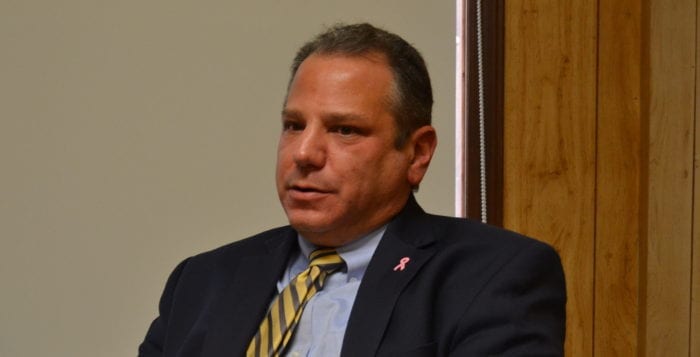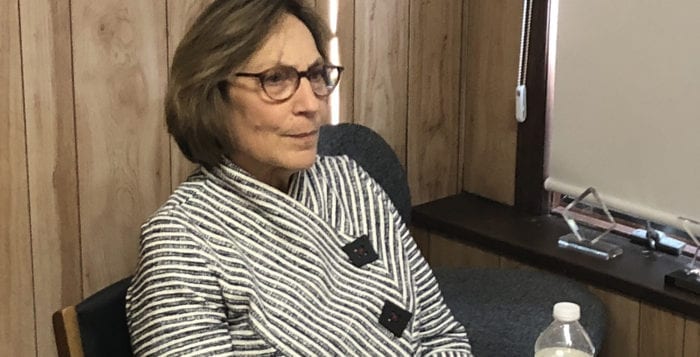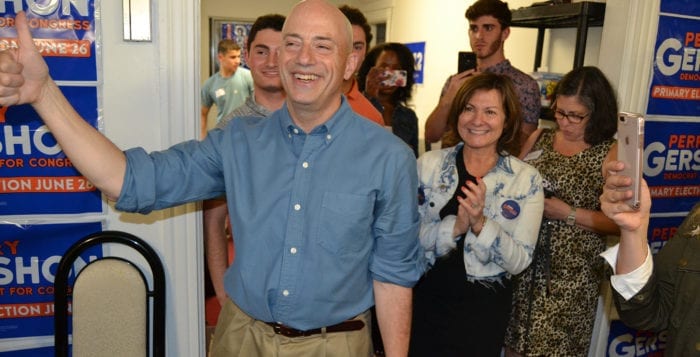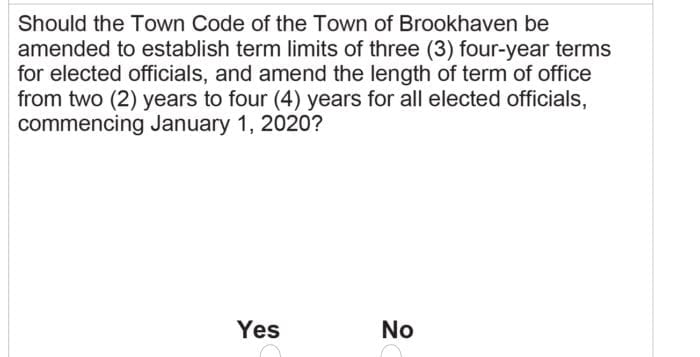Incumbent state Assemblyman Andrew Raia (R-East Northport) identifies himself as a moderate Republican. His Democraticchallenger, Avrum Rosen, agreed he’s “fairly moderate compared to the rest of the Republican Party,” and we do too after listening to his ideas.
It’s refreshing to hear Raia stick to his principles on local issues that strongly affect his constituents. He drafted legislation in attempts to help provide funds to the Town of Huntington to offset a possible negative impact of the LIPA tax certiorari lawsuit and supports consideration to levying a carbon tax against the Northport Power Station. He stands by Gov. Andrew Cuomo (D) in suing the federal government over tax reforms that eliminated state and local deductions that will financially hurt Long Island homeowners.
Yet Raia hasn’t taken up some of the polarizing views of the national Republican Party. He’s suggesting ways to expand health care in New York and claims his viewpoint “has evolved” over time favoring more gun control.
We commend Rosen for being well-educated on the issues facing the 12th district, both at the local and state level. His background in bankruptcy and tax law has led him to voice worthwhile ideas including a carbon tax against the Northport Power Station and offering state tax credits to those with student loans, for those entering STEM professions and those paying childcare costs.
If Raia wins, we hope he takes up Rosen’s tax credit ideas to help Long Island become a more affordable place to win.
As for Rosen, he’s one of the strongest political challengers we’ve seen this election season and hope to see again — maybe next time for another political office.









